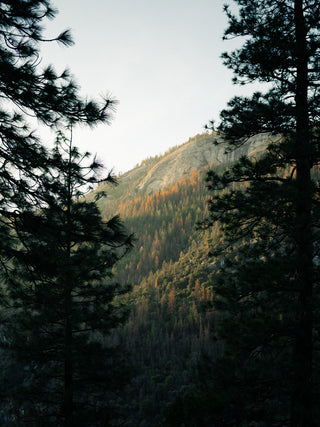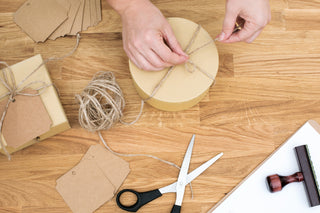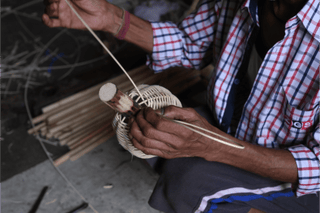Sustainability - our path to minimising our environmental impact
At Hastshilp, we’re committed to playing our part to protect the planet and ensure that our business has a positive effect on the world around us. Sustainability and ethical practices have always been the foundation of our company, and something we believe can always be improved upon.

What is rattan and where does it come from?
Rattan is a palm plant, native to North-East India, that grows in rural mountainous areas, where it grows in abundance due to the semi-tropical climate there. Rattan grows wild in parts of Asia, Australasia and Africa, however the greatest diversity of this plant grows in Southeast Asia.
How is rattan a sustainable choice and why do we choose to use rattan?
There are so many wonderful reasons for using Rattan and Cane. Some environmental, some cultural and some purely aesthetic:
Our production

Our packaging and shipping
- We send almost all our items in recycled cardboard boxes that are fully recyclable and ready to be repurposed or turned into cardboard again.
- Our tape is made of paper and can be recycled along with the cardboard.
- Our labels and packaging materials are all made of recycled paper and cardboard that is fully recyclable.
- Whilst we try to keep our packaging as natural as possible, we also don’t want any of our items to be damaged on their way to us or to you. Our mirrors are packaged using bubble wrap, which we reuse when we send our mirrors to you. This is something we are trying to find a replacement for, which we hope to substitute soon.

What's next?
- Zero waste policy
- Switching to renewable energy
- Reusing all our shipment packaging for future orders
- Switching to a compostable alternative of bubble wrap
- Sourcing a natural lacquer alternative
- Reviewing and offsetting our carbon emissions annually
Do you have any other ideas on how we can keep improving?
